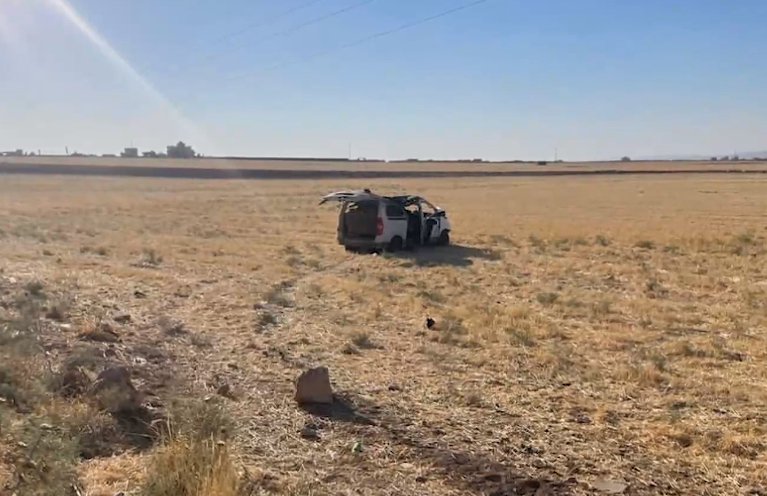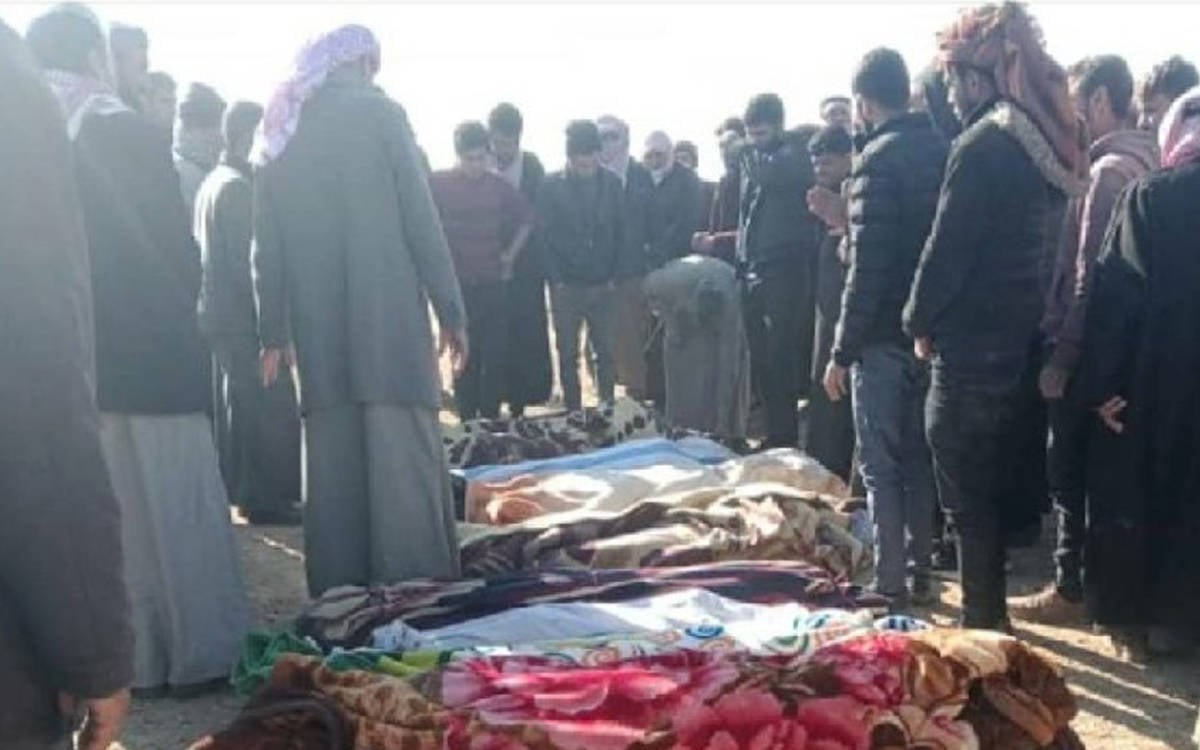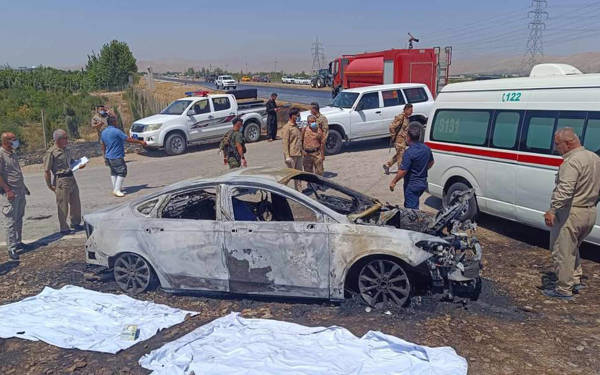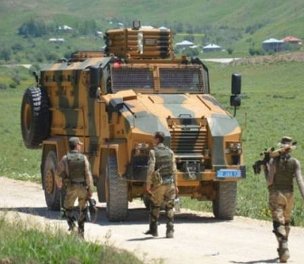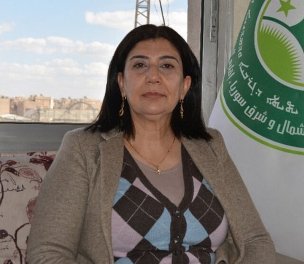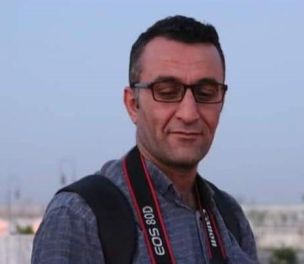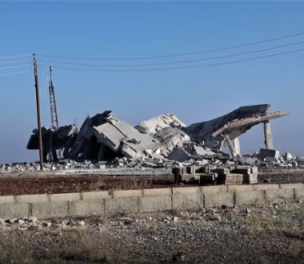Click to read the article in Turkish
Turkey reportedly carried out a drone strike on August 23 in the region between Qamishli and Amuda in northeastern Syria, resulting in the killing of a journalist and the injury of another media worker.
The strike targeted a vehicle belonging to the JIN TV network, killing the driver, Najmaddin Faisal and wounding reporter Dalila Agid.
Turkey has yet to provide an official statement about the incident.
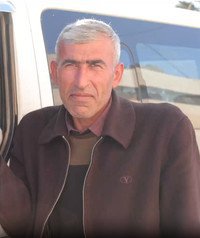 Najmaddin Faisal Najmaddin Faisal |
Faisal's funeral took place yesterday in Qamishli. Meanwhile, Agid underwent surgery due to a neck injury and has been in intensive care since Friday. "Numerous explosive fragments remain in her body," said Dijla Eito, a member of the JIN TV management board, as quoted by the Committee to Protect Journalists (CPJ).
Agid had been covering the story of two Kurdish officials who lost their lives in Turkey's drone strike in Hasakah back in June, she added.
Condemnations
In response to the incident, the Autonomous Administration of North and East Syria issued a written condemnation of the attack. They highlighted that six journalists have been killed in the region this year alone.
Criticizing Turkey's actions, the administration declared, "Turkey continues its massacres against our people in North and East Syria, violating all standards and international agreements concerning the protection of civilians in conflicts."
Furthermore, they called upon the international community to intervene against Turkey's "crimes in the region."
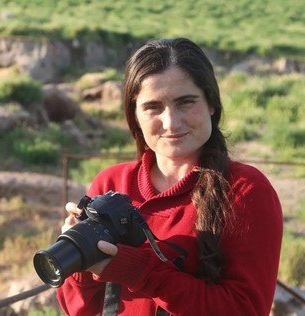 Dalila Agid Dalila Agid |
Turkey views the Kurdish-led self-administration as an extension of the outlawed Kurdistan Workers' Party (PKK) in Syria and designates it as a "terrorist organization." The Turkish military conducted two major military operations in areas under Kurdish control in 2018 and 2019, capturing the cities of Afrin, Tal Abyad (Gire Spi) and Ras al-Ayn (Serê Kaniyê).
Also, Turkey sporadically conducts drone and artillery attacks targeting this administration. The Ministry of National Defense of Turkey confirmed the drone attacks that took place in June, resulting in the deaths of two Kurdish canton leaders.
The Mesopotamia Women Journalists Platform (MKGP) and the Dicle Fırat Journalists Association (DFG) in Turkey also issued a joint statement condemning the attacks.
The statement recalled previous instances where Kurdish journalists were killed in Syria. It called for a strong response from human rights organizations and journalist associations, asserting that they should not remain indifferent to these attacks.
The Coordinator of the Middle East and North Africa Program at CPJ, Sherif Mansour, expressed his sadness regarding the attacks on journalists.
Mansour urged Turkey to initiate an investigation into the attack and determine the responsible parties. He emphasized, "Turkey should identify those responsible and hold them accountable."
CPJ also mentioned that they had sent an email to the Office of the Presidency of Turkey regarding the incident but had not received a response.
Response to the İstanbul bomb attack
The Turkish Armed Forces (TSK) conducted an air raid in northern Syria and northern Iraq on November 20, following a bombing that took place on November 13 in İstanbul's Taksim Square, which the government attributed to the PKK.
During this raid, Îsam Abdullah, a reporter for Hawar News Agency (ANHA), lost his life, and Mihemed Ceradê, a reporter for Stêrk TV, was injured.
According to data from Reporters Without Borders, over 270 journalists have been killed in Syria since the start of the civil war in 2011. (HA/VK)




